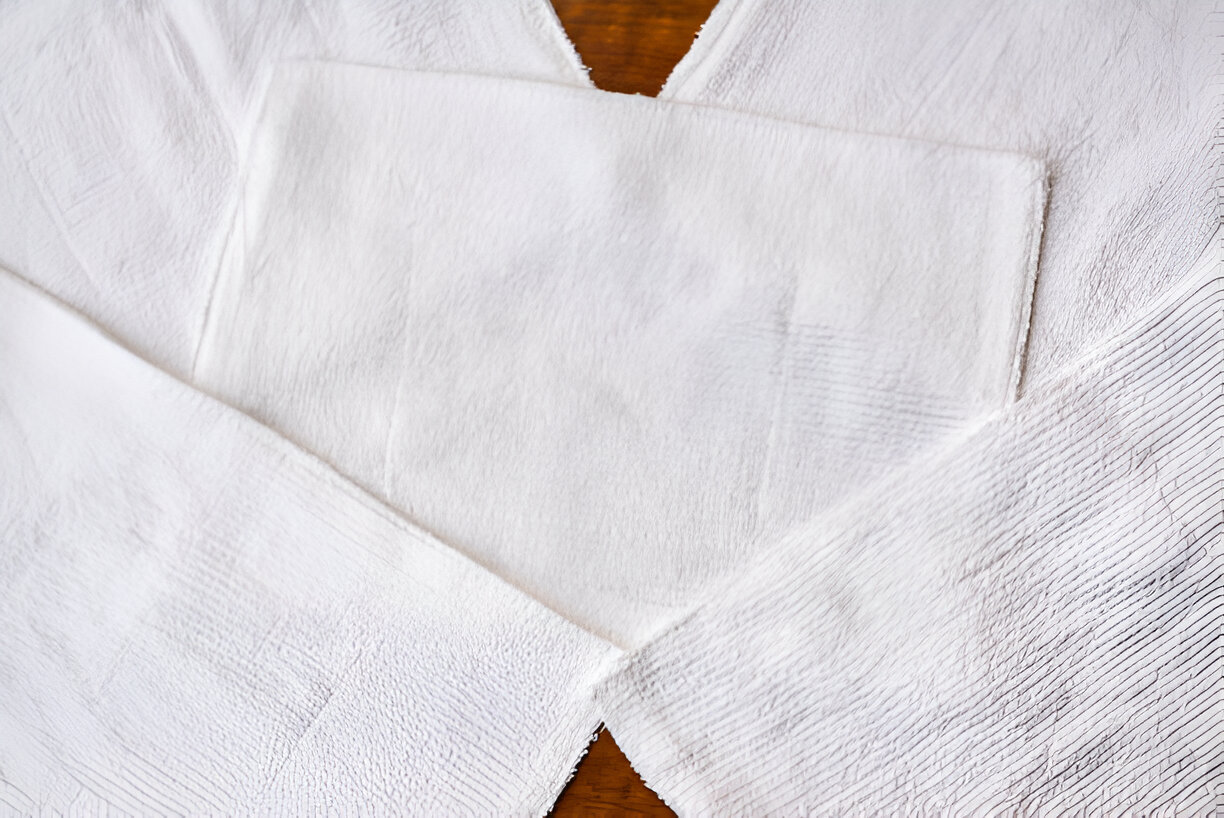

From:
As the chill of winter arrives, so does the prospect of congestion and coughing, sore throats and sniffles, and other less-than-desirable symptoms.
But you might have noticed that colds, flus, and other seasonal blights seem to hit some people again and again, while others coast through to spring unscathed. Is this punishment random, like a tornado, or is there a method to the cold-and-flu madness?
There is indeed a method. While we can all help prevent viral and bacterial infections by washing hands regularly and avoiding germ-laden surfaces, it's not just the bugs we encounter that determine how healthy we are. Our well-being also depends on how prepared our bodies are to fight them.
Increasingly, scientists are discovering that the way we live our lives can affect whether we succumb to illness -- from the common cold to more serious conditions. "A healthy immune system helps protect the body from disease, infection, and even some kinds of cancer," says Ronald Stram, M.D., physician and founder of the
Center for Integrative Health and Healing
in Delmar, New York.
What's more, new research shows that the immune system is more complex than originally thought. "The old way of thinking was immune system as closed loop, or an isolated group of defenses," says Sarosh Motivala, assistant professor at the
UCLA Cousins Center for Psychoneuroimmunology
. Instead, it's "a very integrated process" involving many body systems, along with our brains. Diet, sleep habits, exercise levels, and state of mind all influence how our immune cells work.
Staying infection-free therefore requires not only using soap and water (don't neglect those) but also paying attention to your overall state of wellness. Here, we explain how your everyday routines might be dragging down your immune system, and how to shift those routines for optimal health.
Balance is Key
Understanding how the immune system works is the first step to improving it. At its most basic, it tries to block viruses, bacteria, fungi, and parasites -- collectively called pathogens -- from entering the body. The skin and soft tissue lining the respiratory, gastrointestinal, and vaginal tracts form natural barriers to pathogens, and good bacteria on these surfaces help keep harmful invaders out.
When something slips through these defenses, the so-called "innate immune system" (which we're born with) rises to action, with specialized cells swallowing up invaders and destroying them. That process releases chemical signals that spur the next line of attack: the adaptive immune system (which we develop throughout our lives), which takes on specific invaders and "remembers" past encounters so the body can respond quickly the next time an old foe invades.
And it goes beyond cold and flu viruses. Scientists now believe that this surveillance system may also be directed against cancer cells within the body, helping the body recognize and eliminate them and keeping tumors from growing further. (Some researchers believe it may be possible to harness the immune system to fight cancer, or at least to encourage tumors to remain dormant.)
You might assume that boosting the immune response is always a good thing, but that's not actually the case. In fact, an overactive immune system can prove harmful. Autoimmune diseases such as lupus and rheumatoid arthritis result from the body mistaking its own tissues for foreign invaders and attacking them. And inflammation, which helps in cases of infection, can persist in the body chronically, a phenomenon that has increasingly been linked to diseases such as diabetes, heart disease, obesity, and Alzheimer's disease.
So good immune health means doing battle with the bad guys, but also knowing when to fight and when to back down. When something goes wrong with the immune system, says Stram, "what the body wants to do is regain balance." This gets more challenging as we age, since the older we get, the more immune cells we lose (that's why older people tend to be more susceptible to infections, and possibly cancer). But even among otherwise healthy young adults, lifestyle choices can tip the scales toward illness or health.
First Published: November 2008























